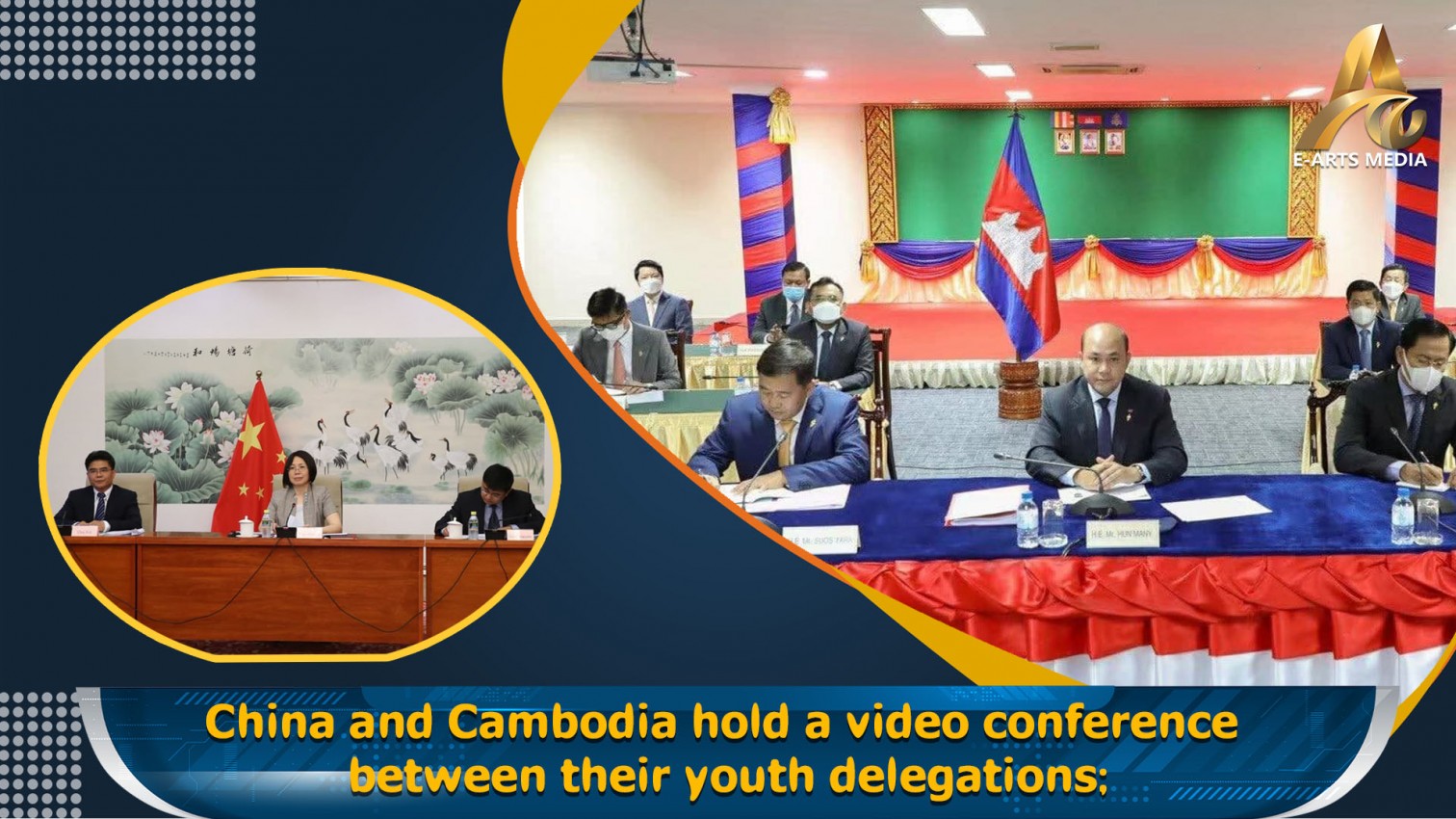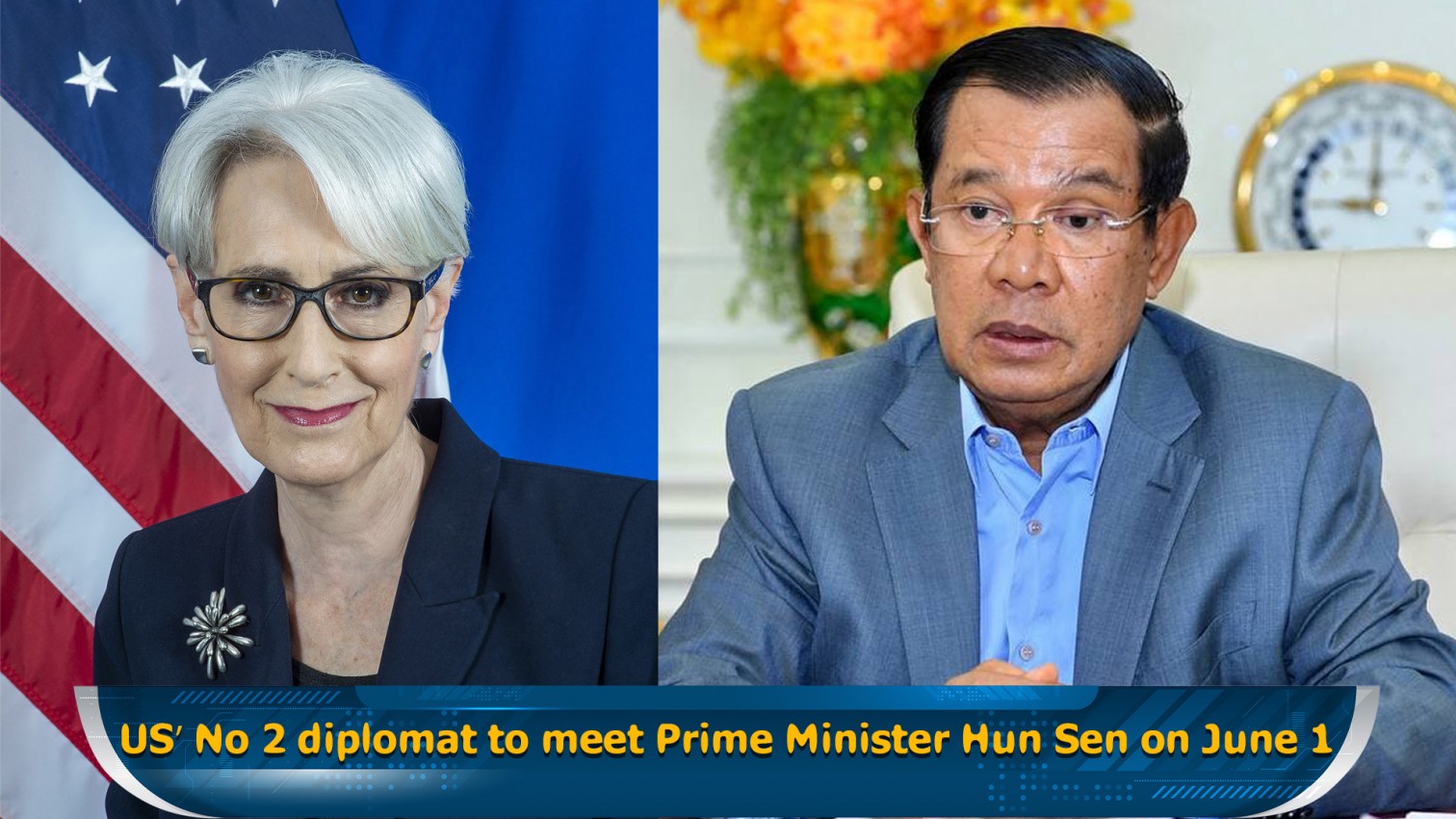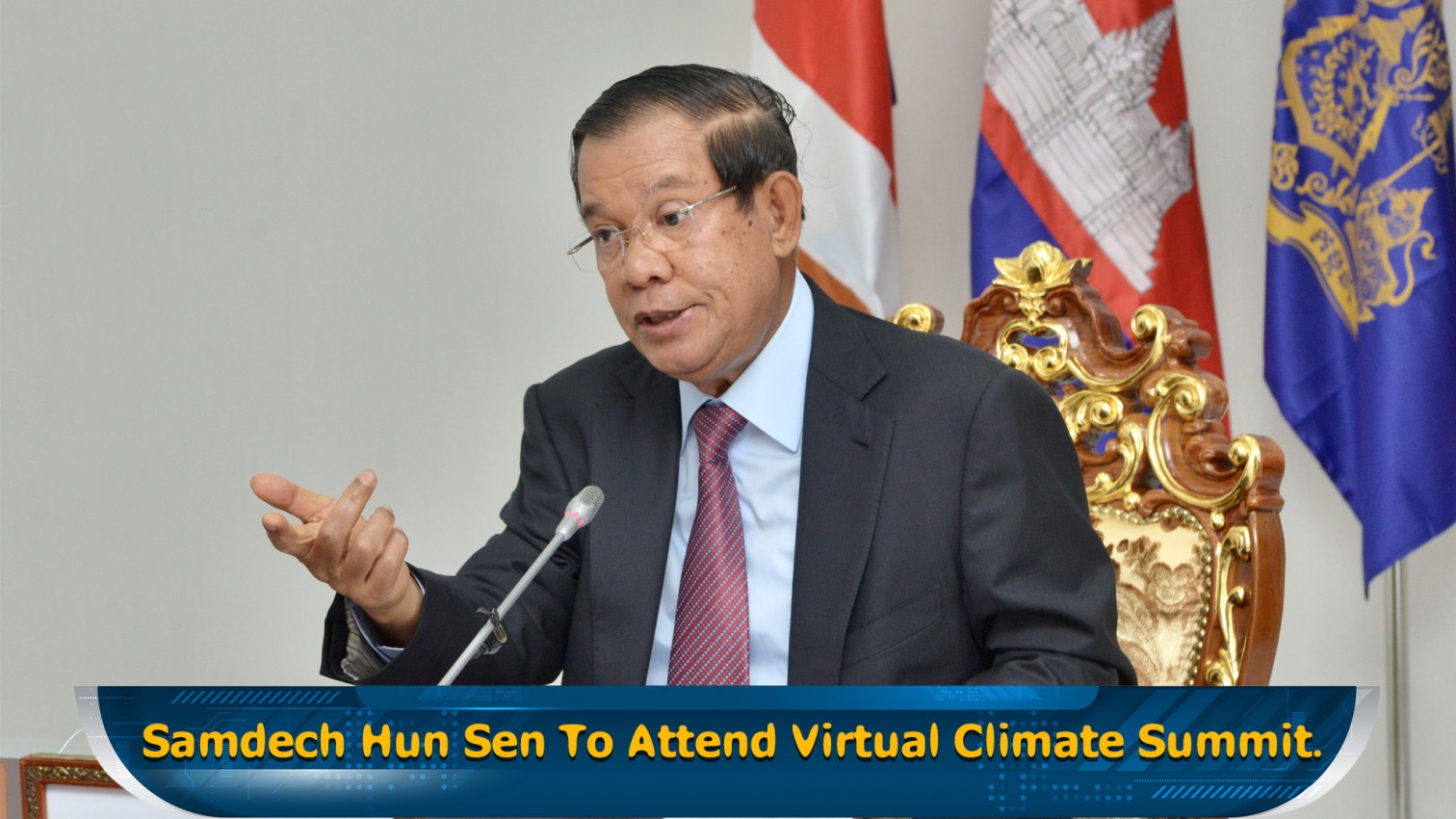September 12, 2024 – Washington, D.C. — The U.S. Department of the Treasury’s Office of Foreign Assets Control (OFAC) has announced sanctions against Cambodian businessman Ly Yong Phat, his conglomerate L.Y.P. Group Co., LTD, and the O-Smach Resort, citing serious human rights abuses linked to the exploitation of trafficked workers. This move is part of a broader initiative aimed at addressing human trafficking and forced labor associated with online scam operations, which have reportedly targeted many unsuspecting individuals, including those in the United States.
Acting Under Secretary of the Treasury for Terrorism and Financial Intelligence, Bradley T. Smith, highlighted the government's commitment to holding accountable those involved in human trafficking. "Treasury will continue to shine a light on the criminal networks operating these illicit schemes and those who seek to perpetrate these abuses," he stated, emphasizing the intent to disrupt fraudulent activities that exploit vulnerable populations.
The sanctions also extend to three additional Cambodian establishments—Garden City Hotel, Koh Kong Resort, and Phnom Penh Hotel—linked to Ly Yong Phat. The OFAC report references ongoing allegations of corruption and complicity among Cambodian officials in trafficking crimes, particularly in regions like O-Smach, which has been described as a hotspot for extreme human rights violations, including forced labor and physical abuse.
Reports from various human rights organizations indicate that O-Smach Resort, owned by L.Y.P. Group, has been under scrutiny for systematic abuses over the past two years. Individuals have allegedly been lured to the resort with false job offers, only to find themselves trapped in exploitative conditions with their documents confiscated. Disturbing accounts include physical violence and dire incidents involving victims attempting to escape their circumstances. "This is according to the U.S. Department of the Treasury press release."
In response to the sanctions, the Cambodian People's Party (CPP) expressed its disappointment, characterizing the allegations against Ly Yong Phat as politically motivated. "Punishing a member of the Cambodian National Assembly, such as Ly Yong Phat, represents a violation of Cambodia’s sovereignty as an independent nation," the party stated. They have called on the U.S. Treasury Department to reevaluate its position, arguing that the sanctions could undermine diplomatic relations and Cambodia's self-determination.
The Cambodian Ministry of Foreign Affairs further criticized the U.S. for its portrayal of the country's human rights situation, suggesting that the reliance on the Trafficking in Persons Report is misleading. They reaffirmed Cambodia's ongoing commitment to addressing trafficking issues and expressed hopes for continued international cooperation based on mutual respect and dialogue.
While the U.S. government's actions aim to address serious human rights concerns, the Cambodian government insists that these sanctions do not accurately reflect their commitment to combating trafficking. This situation highlights the complexities surrounding international relations, human rights advocacy, and assertions of sovereignty within the context of ongoing global challenges. As both nations navigate this fraught diplomatic landscape, the implications of these sanctions on the broader relationship between the U.S. and Cambodia remain to be seen.

























